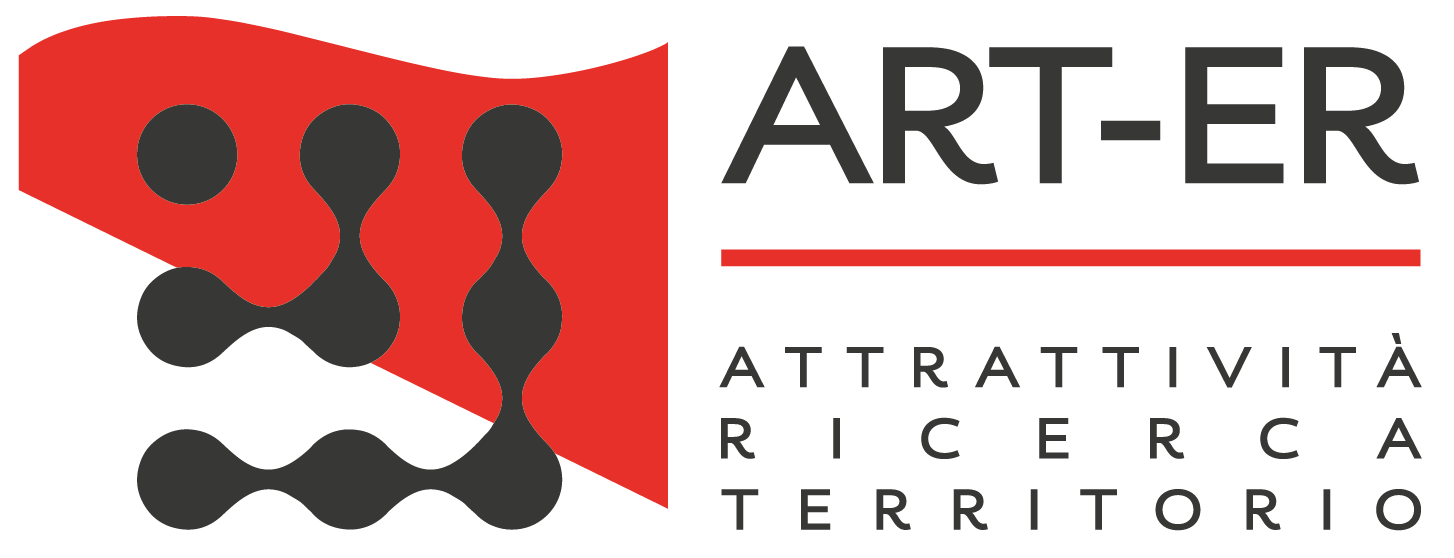Hungary holds the Presidency of the Council of the European Union
On 1 July 2024 Hungary took over the presidency of the Council of the European Union for six months
Hungary's presidency will be defined by the change of the institutional cycle. During the transition period, the aim will be to ensure the smooth functioning of the Council and, once the next institutional structures are in place, to continue inter-institutional cooperation and legislation. This is the second time Hungary holds the Council Presidency.
The programme of the Hungarian Presidency is structured around seven priorities.
- The adoption of a New European Competitiveness Deal: a key priority of the Hungarian presidency in order to restore economic development and create the conditions for sustainable growth, deepen the internal market, focus on supporting small and medium-sized enterprises, promote the green and digital transition in partnership with European economic stakeholders and citizens, international cooperation, and ensure the stability and sustainability of jobs.
- The Reinforcement of European Defence Policy: the Hungarian presidency will place particular emphasis on strengthening the European Defence Technological and Industrial Base.
- A Consistent and Merit-Based Enlargement Policy: to further broaden and deepen the cooperation, they will invite our partners to consultations both in the framework of the EU-Western Balkans Summit and the European Political Community.
- Stemming Illegal Migration: in order to find the appropriate solutions, closer cooperation with countries bordering the EU is indispensable, as well as with the key countries of origin and transit.
- Shaping the Future of Cohesion Policy: to ensure harmonious and balanced development in the Union, it is essential for Europe to reduce regional disparities as well as to secure economic, social, and territorial cohesion.
- A Farmer-Centered EU Agricultural Policy: the Hungarian presidency will encourage the Agriculture and Fisheries Council to take advantage of the institutional transition period and guide the new Commission in formulating the rules of the Union’s post-2027 agricultural policy for a competitive, crisis-proof and farmer-friendly agriculture.
- Addressing Demographic Challenges: ageing society, green and digital transition, rural depopulation, increasing pressure on fiscal resources, and the changing world of work. The Hungarian presidency wishes to draw attention to these challenges.
To read more about the programme, priorities and events click here.


